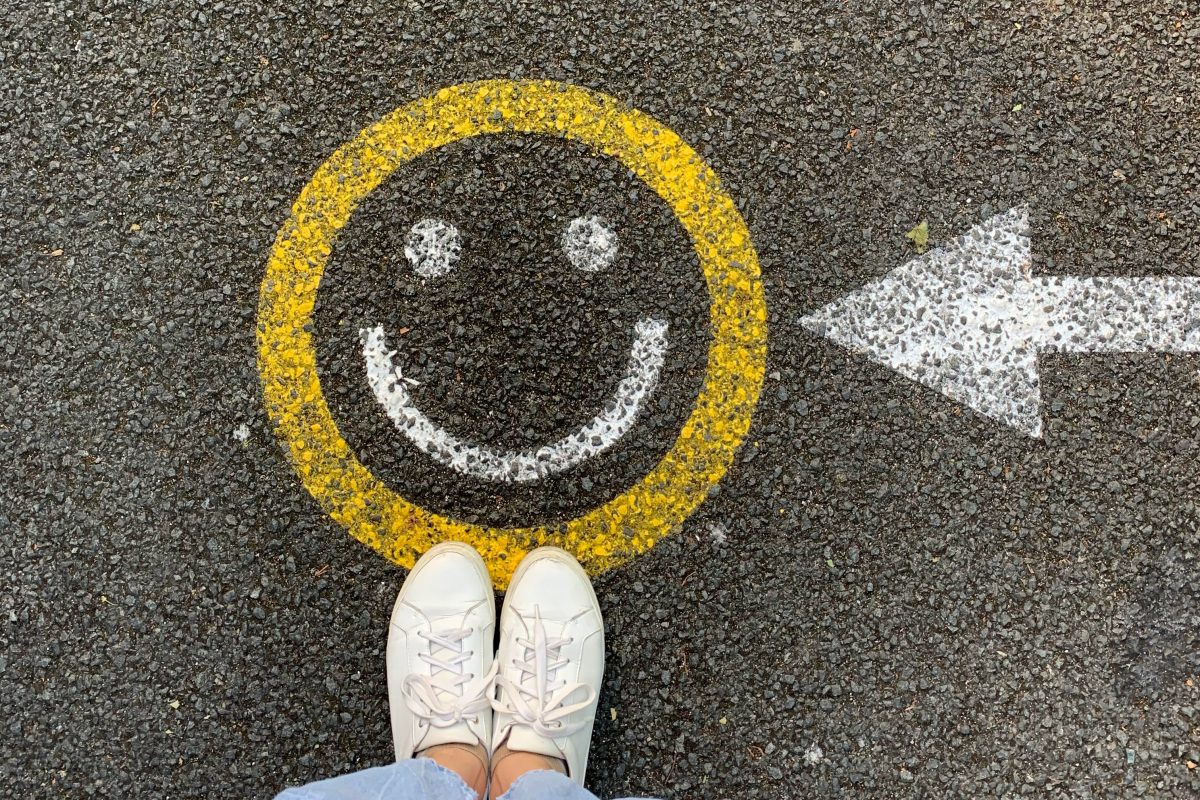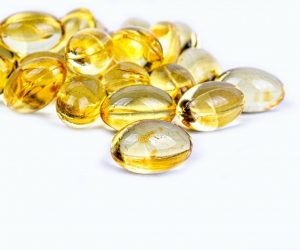
Research Shows Probiotics Can Help Combat Anxiety and Depression
Angela Betsaida B. Laguipo, BSN via News-Medical Net – Previous research has tied mental health issues and developmental disorders to gut health. Now, a team of British scientists has shown that foods that broaden the profile of helpful bacteria in the gut, which are collectively known as probiotics, can help ease anxiety and depression.
The researchers from the Brighton and Sussex Medical School and the University of Brighton in the United Kingdom aimed to determine if foods containing bacteria that positively influence the gastrointestinal microbiome can influence therapies to treat psychiatric conditions, such as anxiety and depression.
The Gut Microbiome
Trillions of microbes are living in the digestive tract, with at least 400 species of bacteria in the gut. This means that there are more bacteria in the gut than the cells throughout the body. These microbes are essential in digesting food, warding off potential pathogens or harmful microorganisms, and synthesizing vitamins.
According to the National Center for Complementary and Integrative Health (NCCIH), it has long been known that the brain communicates with the gut, but recent research shows that it is a two-way connection. Further, gut microbiota may impact behavior and emotion, which can affect brain chemistry. Altering bacteria in the gut through specific diets may help treat stress-related and neurodevelopmental disorders, like autism and hyperactivity disorder.
What are Prebiotics and Probiotics?
Prebiotics and probiotics support the body in maintaining a healthy colony of bacteria and other microorganisms in the gut. These bacteria aids in digestion and support gut health.
Prebiotics are mostly found in different types of carbohydrates and fiber that humans cannot digest. These are essential food sources for the gut’s beneficial bacteria. Meanwhile, probiotics are live bacteria found in certain foods or supplements that provide many health benefits.
The Study
To arrive at their findings, published in the British Medical Journal (BMJ), the team looked at 71 studies published between 2003 and 2019, which looked at how probiotics and prebiotics may help adults with anxiety and depression disorders.
The researchers identified seven studies. All these studies showed improvements in one or more of the outcomes measuring the effect of taking prebiotics and probiotics compared with no treatments or placebo.
The findings suggest that utilizing pre- and probiotics may be a potentially valuable adjunctive treatment in easing symptoms of anxiety and depression. Further, the team found that patients with co-morbidities like irritable bowel syndrome (IBS) might experience more significant benefits from such treatments.
“Our results affirm that pre/probiotic therapy warrants further investigation. Efforts should aim to elucidate whether the perceived efficacy of pre/probiotic therapy in depression or anxiety disorders can be replicated in larger test populations and whether such effects are maintained through continued treatment, or post-cessation,” the researchers concluded in the study.
“Interventions should also be investigated in isolation, not combination, to ascertain where the observed effects are attributable to. Efforts to produce mechanistic explanations for such effect should be a priority,” they added.
Anxiety and Depression
Depression is one of the most common mental health disorders in the world. The World Health Organization (WHO) estimates that the number of people with depression exceeds 300 million in 2015. Many people also suffer from anxiety disorders, which is commonly experienced simultaneously.
There are two main diagnostic categories for common mental disorders – depressive disorders and anxiety disorders. These disorders are experienced by many people across the globe and affect the mood or feelings of the affected persons.
Major depression is a common mental health disorder in the United States. There are an estimated 17.3 million people had at least one major depressive episode, accounting for 7.1 percent of all U.S. adults. The prevalence of depression is higher among women compared to males, and in terms of age, it is more prevalent in people between 18 and 25 years old.
Also, the NIMH reports that an estimated 19.1 percent of U.S. adults had any anxiety disorder in the past year, which is also higher in females than in males.
To read the original article click here.






